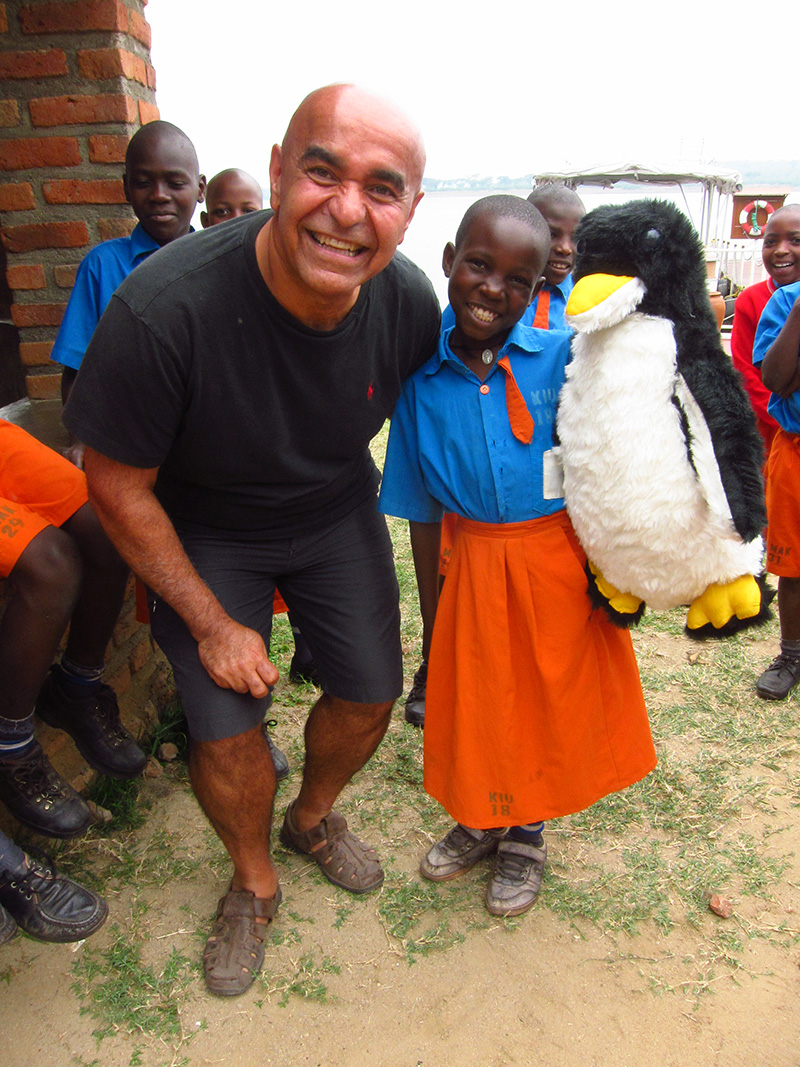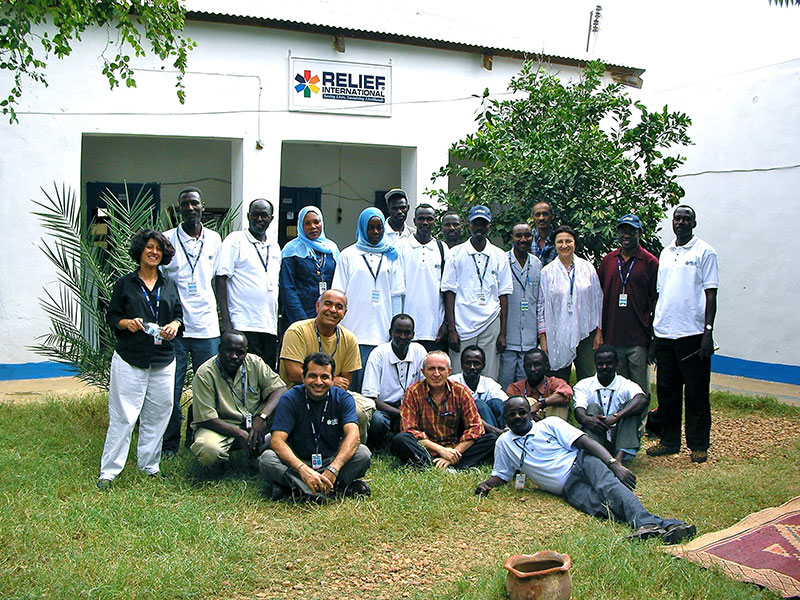KAMRAN ELAHIAN
I’m an innovation catalyst, philanthropist, entrepreneur without borders and a global venture capitalist.
I have been achieving success, celebrating failure and bending the arc of humanity toward a better world.
My Worldview
by KAMRAN ELAHIANAs a young boy, I would ask my relatives “Why are you so content with just socializing with one another? Why aren’t you doing something to change the world?” I knew that I had a global role to play and that my journey in life would lead me to broader horizons.
I left my native country, Iran, at the age of 18 for the United States. Serendipitously, I attended the University of Utah, where computer graphics was invented in the late 60s and was the playground of the founders of Pixar, Adobe, Attari and Silicon Graphics in the early 70s. By the age of 22, I had two Bachelors and a Masters degree.

I then joined Hewlett Packard (Palo Alto) in corporate engineering, and while working as a design automation software engineer, I was accepted by Stanford University, HP-Stanford Honors program in Integrated Circuit (chip) design. I designed a chip that didn’t work and my professor told me I was a poor engineer. Unfazed, I proposed to lead a new program at HP, the first of its kind in the industry, to use computer graphics in the development of Computer Aided Engineering (CAE) software to help chip engineers. Management rejected my idea, they told me I was too young and inexperienced to lead a project of my own. Consequently, I left the company with four of my colleagues to launch my own company.
At the age of 27, I co-founded CAE Systems. Within 3 years, it was acquired by Tektronix for $75M. At the age of 30, I co-founded Cirrus Logic, the leading fabless chip company which had its IPO valued at $150M in less than 5 years. Its revenue grew to over $1B within 10 years of its founding and its market cap reached over $3.5B.

Unreasonable Uganda
Riding on these big wins, I felt invincible. I co-founded Momenta in 1989, where we created the leading touch sensitive tablet and pen product: the Momenta Computer (preceding the iPad by 18 years). My heady success clouded my decisions. Shipping an unfinished product and optimistic sales projections led to me being fired by the board of directors on April 1, 1992 (I thought that it was an April fools joke.). Not knowing what to do next, I retreated from business and I spent the next year traveling the world, studying various languages, cultures and religions. What became obvious to me was that in every country, people were often so proud of their heritage and religion, that they believed they were special and the chosen ones.
Once you set aside the biases of nationality and religion, you’ll find that people are fundamentally the same. I came away with the belief that we could use technology to empower people to experience what I had learned. This belief created the three guiding principles that have shaped my life: (1) Create new technologies that bring people together, (2) Create new global companies with activities in many different countries that motivate people to work together, and (3) Create global foundations that apply ICT to improve education, reduce poverty and promote tolerance.

Relief International Office in Darfur
My wife and best friend, Zohre and I married young. We share a passion for philanthropy and making a difference in this world. Together, we have supported a multitude of projects and organizations through the Global Catalyst Foundation (its mission supports projects to improve education, eradicate poverty, promote social tolerance, and celebrate diversity).
People ask me why I care so much about making a difference in the world. The reality is that the impact of war and violence on the last two generations of our families have led us to believe that if we can empower people through the use of the Internet and communication technologies, we have a genuine chance to give this generation and the generations of the future the knowledge to appreciate and celebrate our differences. Ultimately, my dream is a world without war. It is the only way to bend the arc of human civilization toward unification.
— Kamran Elahian
Impact Stories
